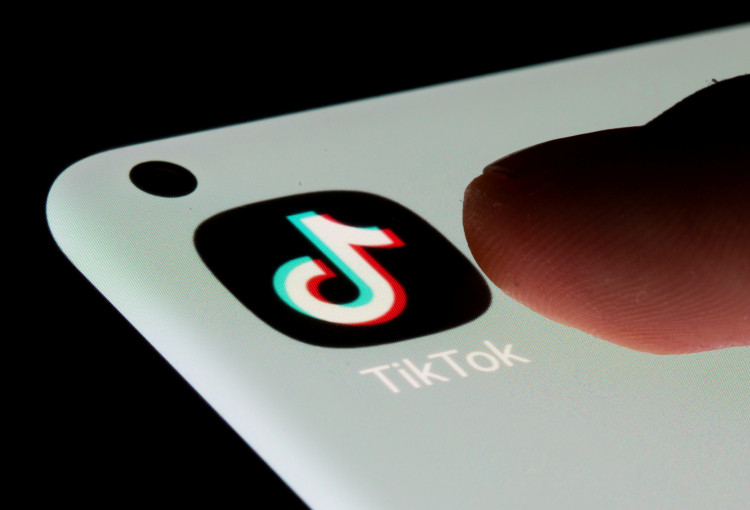Experts claim that the style of TikTok posts makes it simpler to spread false information and more difficult for users to distinguish between fact and fiction. Short, heavily edited posts that frequently include voiceovers, music, and captions make it difficult to discern subtleties, according to researchers.
Despite the company's regulations, election misinformation is spreading on TikTok ahead of the U.S. midterm elections; watchdogs are worried about its impact on young voters as more Americans use the social media platform as a source of news. The wildly popular app has become a haven for posts promoting unsubstantiated allegations of voting fraud, myths about mail-in votes, and deceptive movies about various state regulations.
More alarmingly, TikTok has authorized paid political commercials that flagrantly contain false material, a practice the company claimed it had outlawed in 2019. "Hackers can easily change the election results! Don't bother voting in the midterms," one such ad said.
It was one of a number of projects developed by scholars at the nonprofit Global Witness and New York University to examine the legality of TikTok's ban on paid political uploads. Ninety percent of the team's submitted misinformation-filled campaign commercials were authorized by the company.
ByteDance, the parent firm of TikTok, has policies in place to prevent the spread of election-related conspiracies. ByteDance is situated in Beijing. But experts debate their usefulness. Despite the fact that a sizeable portion of the videos presented in search results on TikTok contain false information, according to the media monitoring tool NewsGuard, a Pew Research Center survey found that more than a quarter of Americans between the ages of 18 and 29 regularly get news from the app.
Videos can quickly receive thousands of views on the network, even if they don't already have a large following. Additionally, Matt Navarra, a social media industry analyst and consultant based in Britain, stated that the sheer amount of content on TikTok makes it "more likely that users in general - especially more young, impressionable users - are going to come into contact with potentially divisive, polarising, objectionable content."
According to its integrity principles, TikTok censors content that can mislead on "civic processes, public health or safety," including incorrect information on voting. Additionally, the platform forbids campaign fundraising, and it recently debuted an election center within the app. Yet there are still unfounded allegations of vote fraud and conspiracy theories being spread by politicians for the midterm elections. TikTok has already been used to promote false statements about elections.






